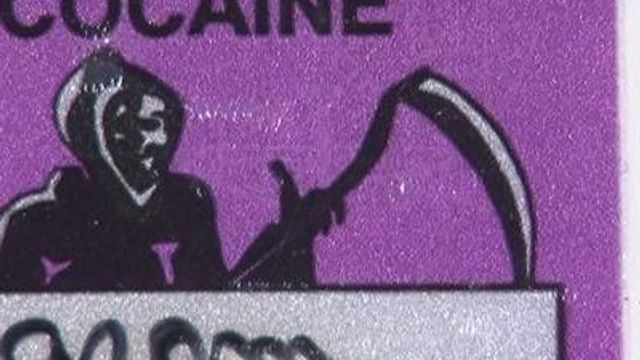N.C. law requires taxes on illegal substances
The unauthorized substance tax is required for controlled substances, such as marijuana, cocaine, moonshine and other substances.
Posted — UpdatedThe North Carolina Department of Revenue gets the money by seizing bank accounts, garnishing wages or auctioning off personal assets, such as cars, boats, motorcycles, electronics and jewelry – property that he or she might have been able to keep under a state program that allows taxpayers to buy "drug stamps."
It's a program under the state's unauthorized substance tax, an excise tax on controlled substances, such as marijuana, cocaine, moonshine and other substances.
A stamp for marijuana, for example, costs $3.50 per gram; for cocaine, it's $50 per gram. There's also a stamp for illegally possessing prescription drugs like oxycodone.
Cale Johnson, director of tax enforcement for the department, says that, just because a person pays the tax, does not mean the substance is then legal. It only fulfills his or her obligation to pay taxes.
The process to purchase the stamps is anonymous. An individual can go online, complete a tax form and mail it, and no identifying information, such as name, address or Social Security number, is required.
"It is against North Carolina law for the Department of Revenue to notify law enforcement agencies of an individual that pays their taxes," Johnson said.
The tax is due once, no matter how many individuals come into possession of the drugs. Not paying it within 48 hours of acquiring the substances can also mean a 40 percent penalty on the tax due.
The revenue department handles about 5,000 to 6,000 cases each year in unpaid taxes on illegal substances.
The department has had people pay the taxes but not many, Johnson says. Since the program started, it has received 106 stamp orders worth nearly $5,900. He says he believes a majority of those orders were from stamp collectors.
• Credits
Copyright 2024 by Capitol Broadcasting Company. All rights reserved. This material may not be published, broadcast, rewritten or redistributed.





